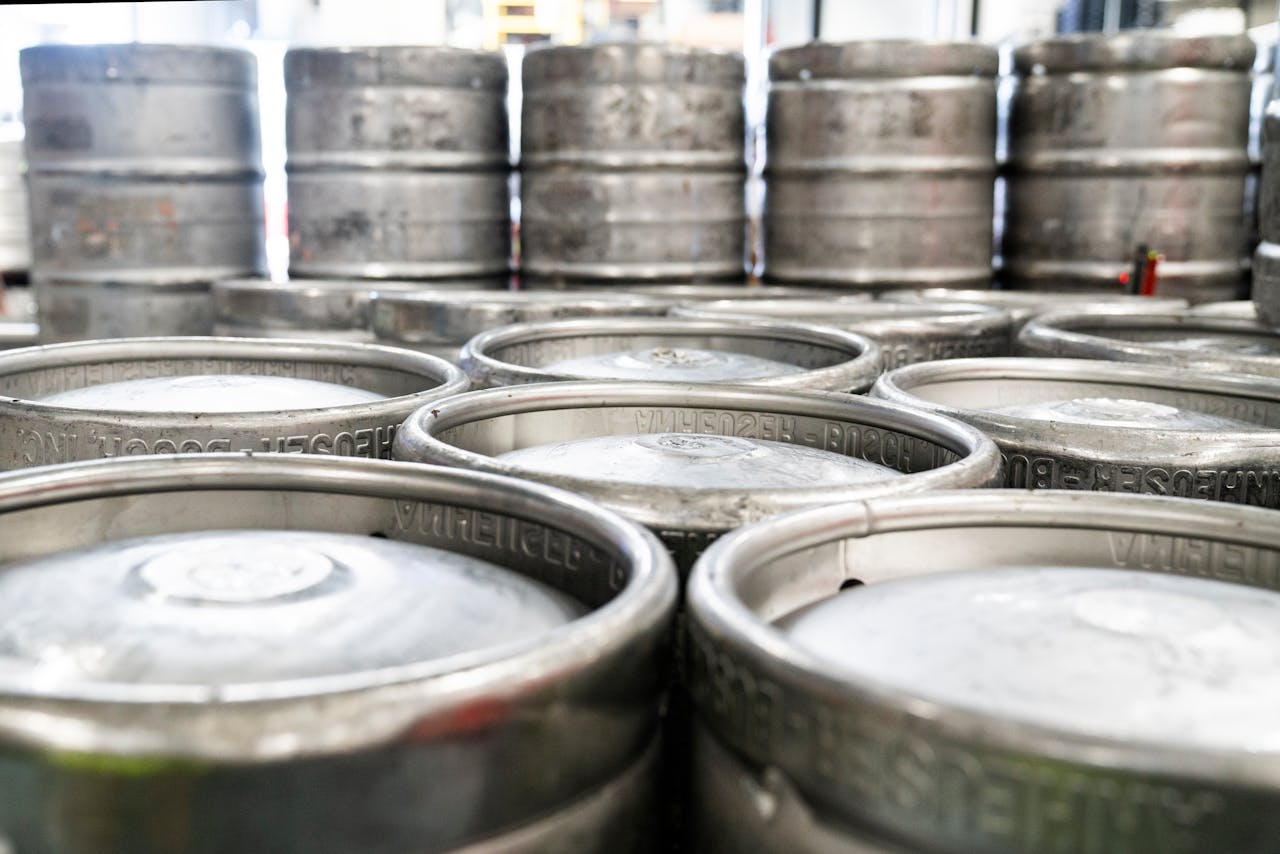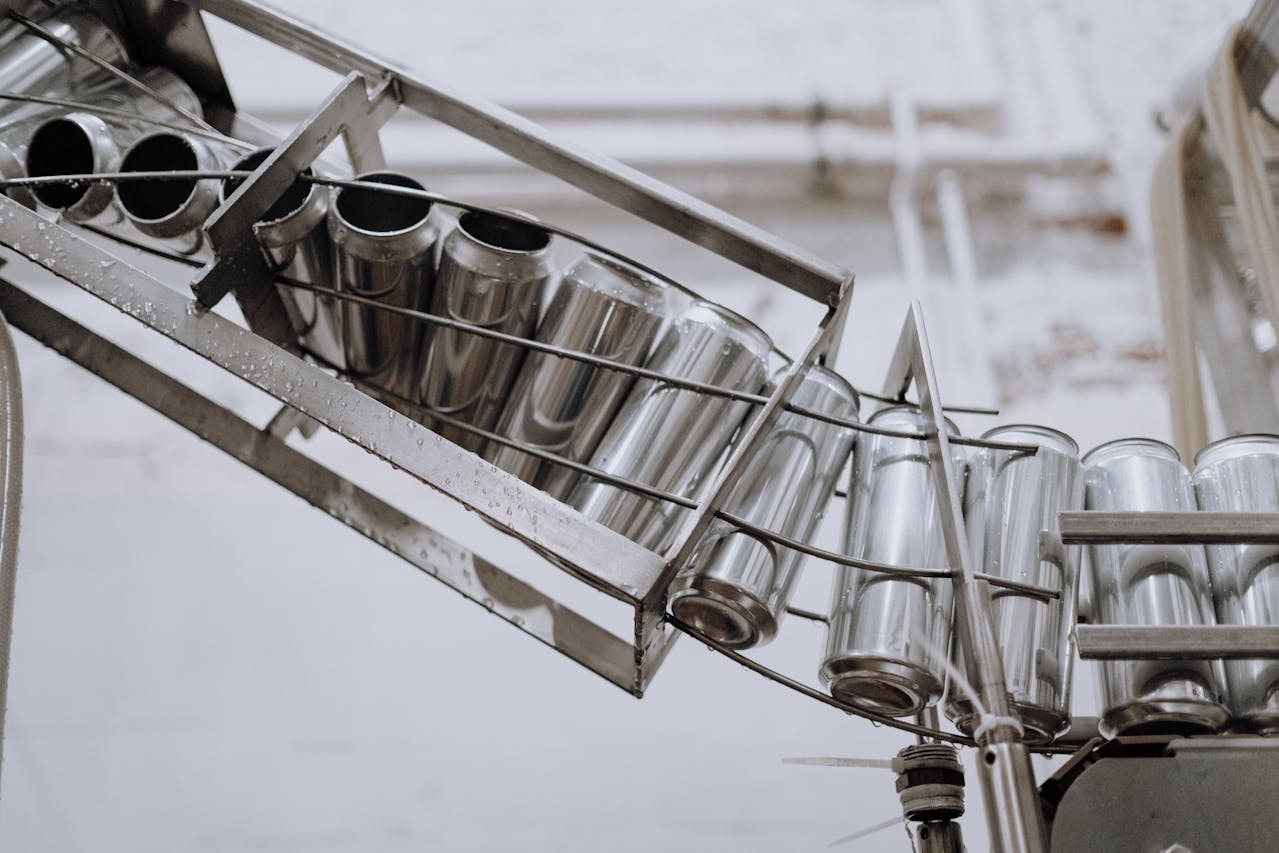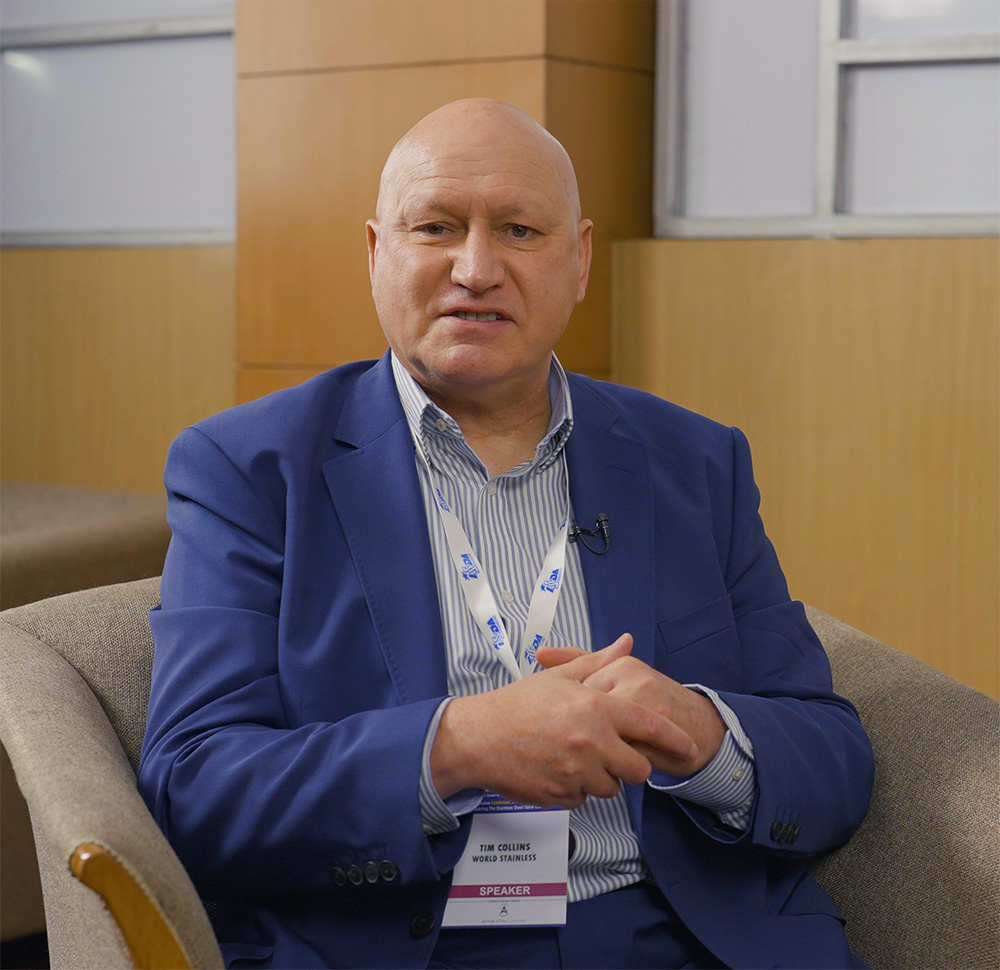With Chief Technical Advisor, Jindal Rail Infrastructure Limited, Mr Surendra Khare
June 24, 2024
In this edition of Stainless Post, we interviewed a seasoned techno-commercial professional who is a Chief Technical Advisor, Jindal Rail Infrastructure Limited, Mr Surendra Khare. He has over four decades of diverse work experience across renowned organisations and his expertise lies in designing and developing wagons which meet customers’ expectations. He talks in detail about how stainless steel is an important material in rail infrastructure, especially in terms of durability and maintenance. Read what he has to about the challenges in the rail industry and his message to the future engineers in this interview with Supriya Sundriyal from Corporate Communications.
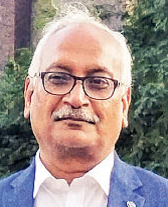
1. Please tell us about yourself.
I was born and brought up in Lucknow, India. I completed my diploma in mechanical engineering from Government Polytechnic, Lucknow and my mechanical engineering from Jamia Millia Islamia, New Delhi.
I am a seasoned techno-commercial professional with over 42 years of diverse work experience in renowned government and private organisations such as Hindustan Aeronautics Limited, RDSO, RITES & L&T Rail Business Unit, Jindal Rail Infrastructure Limited in the field of new wagon design and development of Railway Freight / Rolling Stock for Indian Railways, Public, Private, Defence, Export Customers, Aeronautical Ancillary Industry and Rail Infra Sector. My role as a Chief Technical Advisor has always been to study the present railway freight rolling stock constraints, initiate design and development of commodity specific, higher payload wagons which will meet the expectations, requirements of the end users and other stakeholders in the railway industry for the future.
My hobbies are travelling to new destinations, interacting with new people, and exploring new cuisines and regional delicacies.
2. What are the main offerings of Jindal Rail, and how is it furthering the sustainability mandate of India?
Jindal Rail is a Government of India, Ministry of Railways RDSO G-105 & Ministry of Defence Approved manufacturer of railway wagons. Since its inception in the year 2012, we have consistently exceeded, delivering an impressive fleet of over 8,900 wagons mainly general purpose, container flat, auto car, covered, open, high axle load and commodity-specific wagons adhering meticulously to the stringent standards set forth in domestic & global benchmarks. Our clientele extends across a diverse spectrum encompassing the esteemed Indian Railways, public, private, defence sectors and export markets.
At the very core, Jindal Rail’s overarching mission lies in an unwavering commitment to excellence in design, engineering, manufacturing, exceptional fabrications, sub-assemblies, and railway wagons coupled with an unrelenting pledge to ensure timely delivery of premium-grade products, thus guaranteeing responsible and sustainable business operations.
Jindal Rail’s diverse workforce fuels continuous innovation, effective problem-solving approach, expertise in the Railway Freight Rolling Stock, Heavy Fabrication Industry, and having a deep understanding of the railway sector in India enabling us to navigate industry and offers to its customers a state-of-the-art manufacturing facility having expansive production capacity, spacious sheltered haven, railway connectivity at our doorstep, certified excellence in railway rolling stocks, unwavering power supply, precision in welding, cutting-edge machinery arsenal, facilities for flawless finishing, design excellence, and digital prowess.
Jindal Rail in association with RDSO has designed and developed new BFNV, BOSM wagons for the steel sector, ACT1 wagon for the auto car transportation, Open Top Gondola Wagon in Master-Slave configuration to Mozambique for coal sector and we are currently working on a new CMP wagon design for the steel sector.
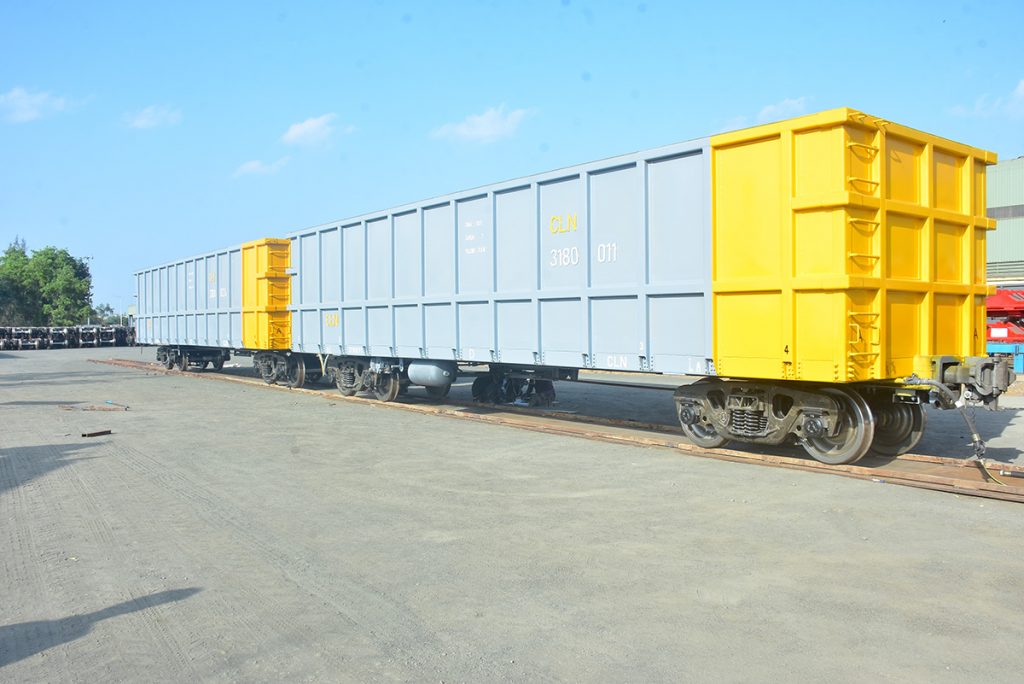
3. Given the importance of stainless steel in manufacturing, how do you see its role evolving in rail infrastructure, especially in terms of durability and maintenance?
The future use of stainless steel in wagons is very promising due to its inherent properties of durability and corrosion resistance, strength-to-weight ratio, minimum maintenance requirements, fire and impact resistance, energy efficiency.
Ongoing advancements in material science and manufacturing techniques are expected to further enhance these characteristics, making stainless steel an increasingly preferred choice for wagon construction. As the rail industry continues to evolve, stainless steel will likely play a critical role in meeting performance standards, improving operational efficiency and supporting sustainable transportation solutions mainly for hopper, food grain, oil tank, and automobile wagons to reduce environmental impact and contribute to India’s sustainable rail infrastructure.
Jindal Rail contributes to India’s rail modernisation and sustainability effort through initiatives of its new design wagon offerings in line with evolution of new materials and technology adopted for stainless steel and hybrid wagons which plays a crucial role in this transformation. Also, the requirement of stainless wagons, passenger & metro coaches, foot-over bridges, other railway infrastructure enhances safety, optimise lifecycle costs and build sustainable infrastructure.
Stainless steel’s wagons have more strength, toughness, impact resistance, corrosion resistance, and energy absorption during collisions which makes it an ideal choice for many railway applications which demand higher durability, longer service life and lower maintenance activities.
4. According to you, what are the biggest challenges facing the rail industry in the next decade, and how should future engineers prepare to address them?
The rail industry faces several significant challenges in the next decade, each of which requires careful consideration and innovative solutions from future engineers:
Infrastructure Modernisation and Expansion – Many rail networks globally are aging and require modernisation to meet increasing demand and efficiency standards. Expansion projects also face challenges such as funding constraints and environmental impacts. Future engineers should focus on designing sustainable infrastructure solutions that improve capacity, reliability, speed and safety. Knowledge of advanced materials, construction techniques, and digital technologies (like IoT and AI for predictive maintenance) will be crucial.
Technological Integration – Integrating new technologies into existing rail systems can be complex and costly. Engineers need skills to effectively integrate and manage advanced materials and technologies. They should be prepared to develop and implement systems that enhance operational efficiency and safety.
Environmental Sustainability – The rail industry faces pressure to reduce its environmental footprint, including energy consumption, emissions, and noise pollution. Balancing growth with environmental stewardship is crucial.
Engineering Preparation – Future engineers should focus on designing energy-efficient systems, optimising routes to minimize environmental impact, and incorporating sustainable materials and practices into rail infrastructure. Knowledge of renewable energy sources and green technologies will be advantageous.
Safety and Security – Ensuring the safety of passengers, employees, and cargo is paramount. The rail industry must also address cybersecurity threats as digitalisation increases.
Engineering Preparation Safety and Security – Engineers should prioritise safety in design, maintenance, and operations. They need skills in risk assessment and safety standards compliance to protect critical infrastructure and data.
5. According to you what sets Jindal Stainless apart?
Jindal Stainless stands out in several ways within the stainless steel industry and distinguishes itself through its vertical integration, technological prowess, sustainability initiatives, local and global reach, market leadership, customer focus, unwavering commitment to excellence and quality through industry collaborations. These factors collectively contribute to its leadership in the stainless steel industry and set it apart as a preferred partner for stainless steel solutions worldwide.
6. What advice would you give to young engineers who are looking to start their careers in the rail industry?
Future engineers in the rail industry must be prepared to learn about rail systems, pursue relevant education specialising in rail-related fields, obtain relevant certifications to enhance qualifications, tackle challenges related to infrastructure modernisation, technological integration, environmental sustainability, safety and security, workforce development, and regulatory compliance. They should focus on acquiring technical expertise, embracing innovation, and cultivating a proactive approach to problem-solving to address these challenges effectively. Collaboration with stakeholders and continuous learning will also be key to shaping the future of rail transportation.
Rail industry offers diverse roles from design and maintenance to operations and project management to young engineers to explore different paths that would align with their future prospects.

